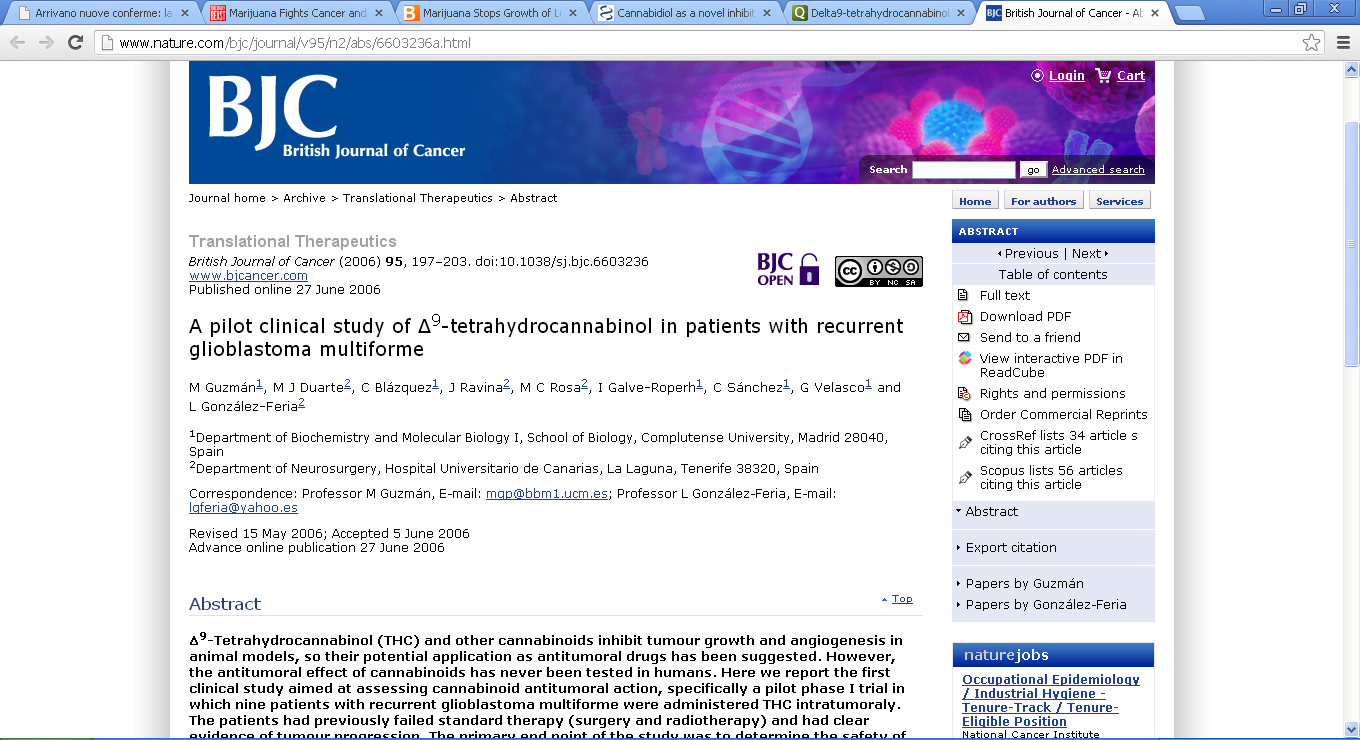The study, published online in the urology journal BJUI, also helps to explain the relief of bladder symptoms observed in multiple sclerosis patients who take cannabis-based medicine.
The present findings suggest that CB1 receptors are involved in peripheral and central nervous control of micturition [urination].
CB1 receptors are activated by a compound in marijuana called THC, which creates the high that users experience. While mostly concentrated in the brain, CB1 receptors are also found in lower amounts throughout the body, including the bladder.

A group of international investigators, led by Dr. Claudius Fullhase of Ludwig-Maximilians-University’s Department of Urology, studied mice born without these receptors and found that they had more frequent and spontaneous urination patterns compared with healthy mice.
Their bladders were also less responsive to electrical nerve stimulation, suggesting that signalling between the bladder and brain may be impaired by a lack of CB1 activity.
Writing in an accompanying commentary, Dr. Mathieu Boudes and Dr. Dirk de Ridder of KU Leuven’s Laboratory of Experimental Urology in Belgium – who were not involved with the new study – noted that the latest findings were the first of their kind.
Those results clearly suggest, for the time, a local involvement of CB1 in normal bladder function.
According to the pair from Belgium, previous studies suggest cannabinoid receptors may have a role in treating symptoms of overactive bladder and painful bladder syndrome.
Likewise, a small 2004 study found that urinary urgency, the number and volume of incontinence episodes, frequency and nighttime urination (nocturia) “all decreased significantly” in patients with advanced multiple sclerosis following treatment with whole-plant extracts of Cannabis sativa.
Dr. Boudes and Dr. de Ridder conclude that while “more evidence needs to be gathered,” drugs that target cannabinoid receptors in bladder disorders will indeed be “relevant in the future.”
The study was published ahead of print and received funding from the German Research Foundation (DFG)
Source: LeafScience.com